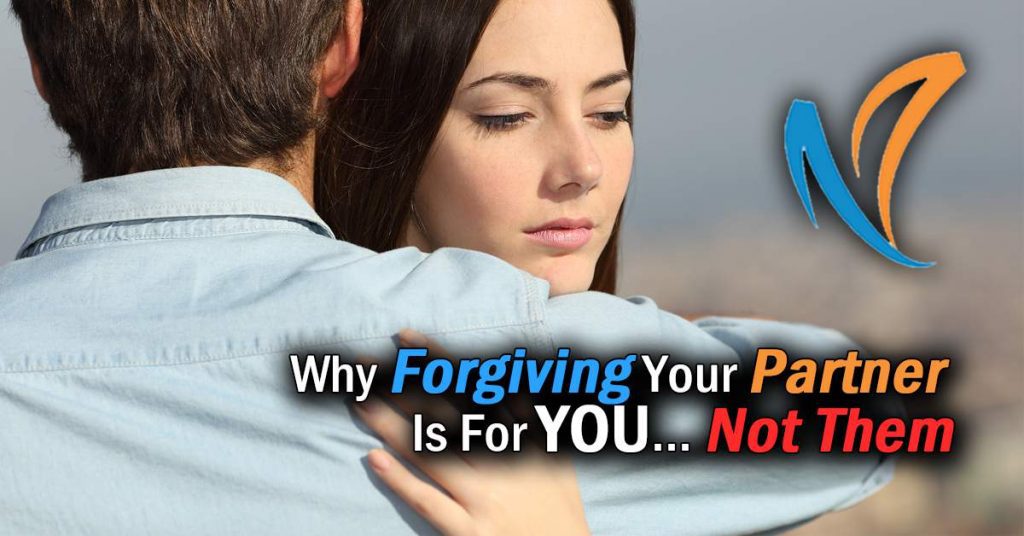
Let’s face it – relationships can be tough. Two different people coming together to share their lives’ ups and downs is bound to bring about conflict. We tend to expect so much from the ones we love and those expectations can lead to sometimes negative outcomes.
Certain things our partners do can be annoying, irritating and even hurtful to us. If it’s bad enough, it could even be the end of a relationship. But this article isn’t about the major things that can come up in a relationship. It’s about the everyday conflict we have with our partners.
When one person perceives themselves to be hurt, the typical reaction is to confront their partner and discuss what went wrong until it is resolved.
But some people hold on to those negative feelings, even after achieving what appears to be a resolution. And holding grudges, instead of forgiving and moving forward, can be very detrimental to the relationship and your own well-being.
Holding grudges is a lot of wasted work and destructive to our personal wellbeing- Rob Pascale and Lou Primavera
Here’s what Rob Pascale and Lou Primavera say about grudges on PsychologyToday.
Holding grudges is a lot of wasted work and destructive to our personal wellbeing, not to mention our relationship. More specifically, such behavior actually runs counter to our own self-interests—when we hold a grudge, we give power to those whom we believe harmed us.
We can feel less in control of our lives because we’re focusing inwardly on the hurt and not outwardly on our own lives. In other words, we allow ourselves to be ruled by negative emotions springing from past events. And as grudges are likely to fuel our anger, there’s a good chance we are setting ourselves up to exacerbate the problem by taking revenge, which is always a bad idea.
It has been suggested that taking revenge is like drinking a cup of poison and expecting the other person to die.
That last line in the quoted section above is key – “drinking a cup of poison and expecting the other person to die.” This is because grudges and feelings of vengeance truly affect you more than the person they are directed towards.
You are the one suffering with the negative feelings, consumed by anger and possibly even hate. The other person is likely not thinking about it as much as you are.
So by holding a grudge or not learning to truly forgive you’re harming yourself (and your relationship) more than anyone else. And that is in itself counter-productive.
Forgiveness is about helping yourself, not the other person.
Here’s another important section from the above quoted article that really drives it home:
Forgiving means that we will try to have this event exert less and less effect on our own present and future thought processes, not on our partner’s.
So, for the sake of your own self-interests, you’re much better off if you fight the temptation to dwell on the negatives and leave past events in the past.
So how can you become better at forgiving and moving forward, not dwelling on the negative?
Give us a call today at 1-604-539-5277 to learn how our research-based tools & strategies can help you and your relationships prosper.